

For US nuclear stocks, Jill Hruby of the Department of Energy said, “this is the most demanding moment in the history of our nation’s nuclear enterprise since the Manhattan Project.”
By Theresa Hitchens
“CISA has validated various proofs of concept and is concerned that exploitation of this vulnerability may lead to full system compromise of agency networks if left unmitigated,” the emergency directive says.
By Brad D. Williams
“[Paying the ransom] was the hardest decision I’ve made in my 39 years in the energy industry… and I put the interest of the country first,” Colonial’s CEO told Congress. “I believe with all my heart [paying the ransom] was the right choice to make, but I want to respect those who see this issue differently.”
By Brad D. Williams
“We are disappointed, though unsurprised, to learn of the cyberattack,” Sen. King and Rep. Gallagher said. “We can and must be better… in navigating the threats of the Age of Cyber Aggression.”
By Brad D. Williams
SolarWinds threat actor reportedly accessed DHS emails and DoE schedules. Cyberespionage campaigns are “the types of things we should expect [Russia] to do,” one cybersecurity expert observed. “I’m not arguing we shouldn’t have a response. We should respond. …My only argument is that we should not overact.”
By Brad D. Williams
CAPITOL HILL: The Navy’s already acknowledged that building the next nuclear missile submarine will bust its shipbuilding budget. Now, the Pentagon’s top weapons buyer has admitted that the Ohio Replacement Program could be a bill too far for the entire nuclear weapons enterprise across the Departments of Defense and Energy — even if Congress repeals…
By Sydney J. Freedberg Jr.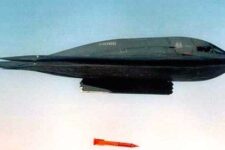
Why is America’s nuclear weapons enterprise — the vast array of national laboratories and other facilities that make, build and maintain our nuclear warheads — so problem-ridden? Is it because the big weapons laboratories (Los Alamos, Livermore, and Sandia) have too much autonomy, or because they have too little? Is it because the Department of…
By Bob ButterworthWith attacks on U.S. networks increasing even as both government and industry pour more money into defense, top officials told the U.S. Senate Tuesday that the nation needs a new approach – one that presumes an eternal state of cyber-war. “I think we’ve got the wrong mental model here,” said James Peery of the Energy…
By Sydney J. Freedberg Jr.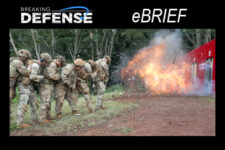








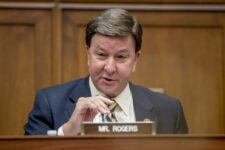






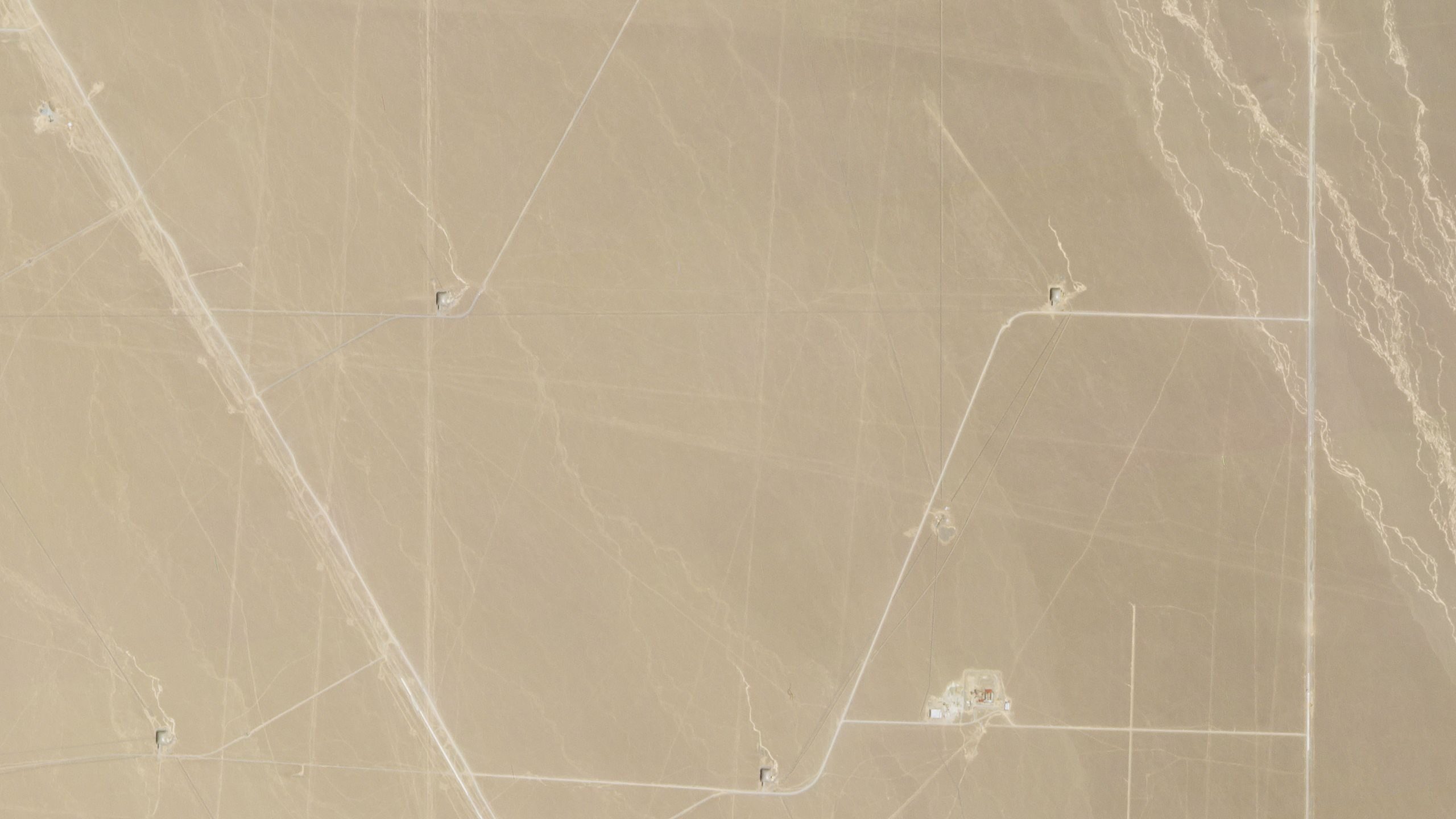
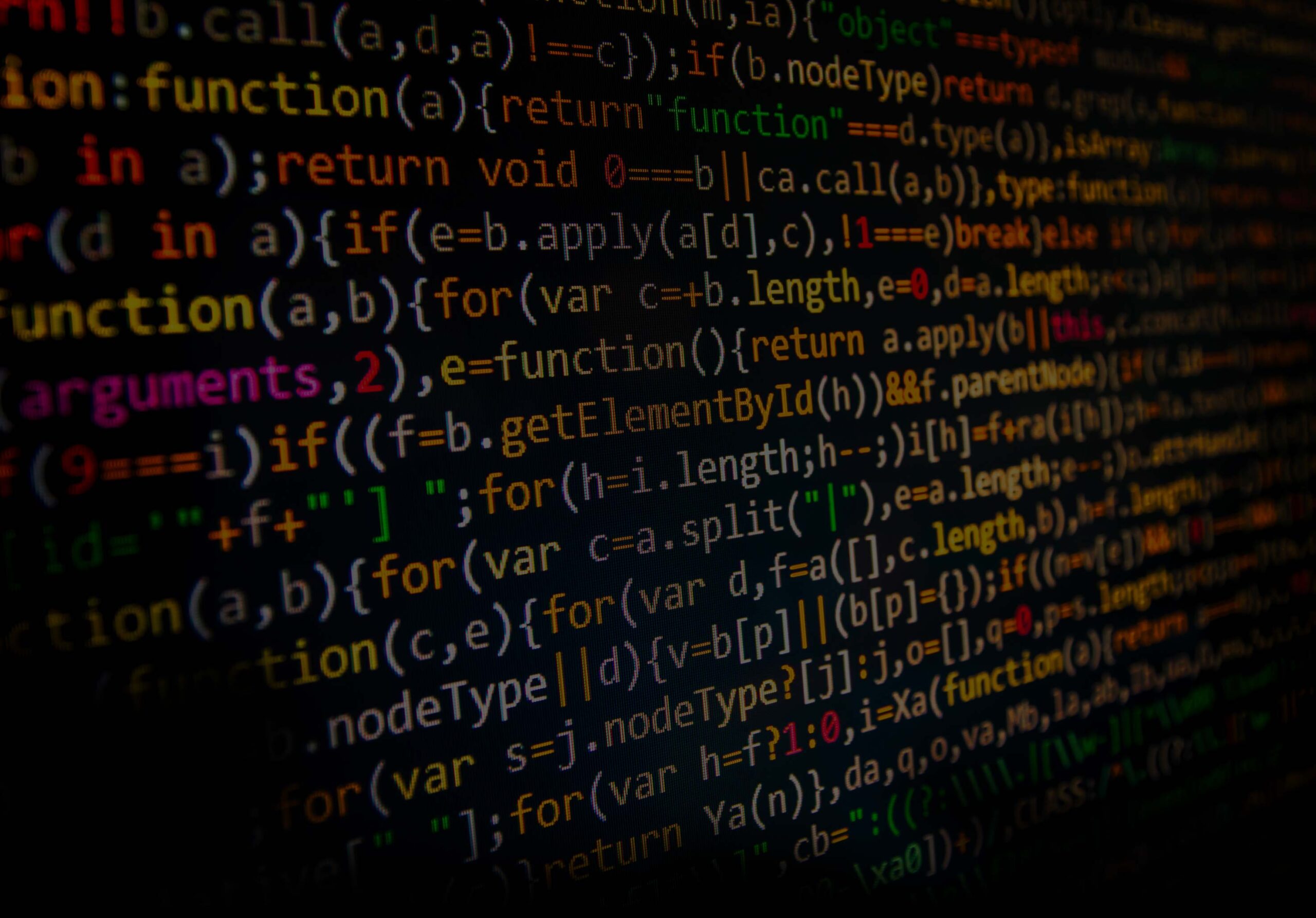









Now that conferees have hammered out a 2017 National Defense Authorization Act, the House and Senate must vote on the final product. They may want to read this before casting their votes. Read on. The Editor. Buried in the fine print of the defense authorization bills is a $50 billion earmark for an obscure facility in…
By Mark Cancian